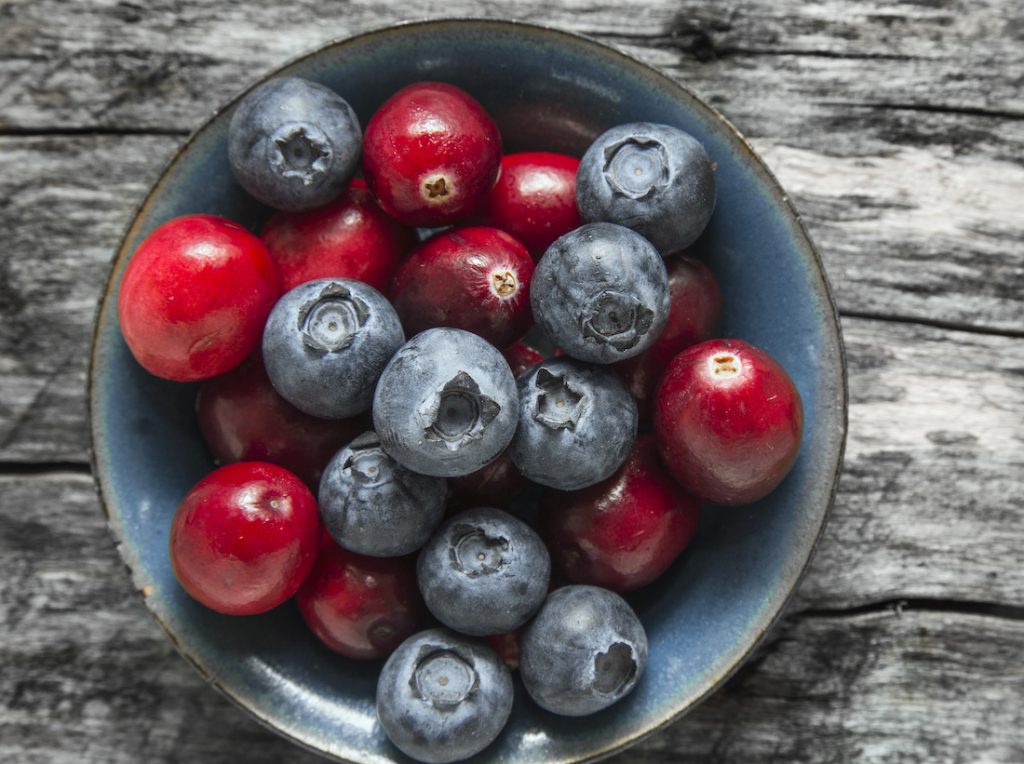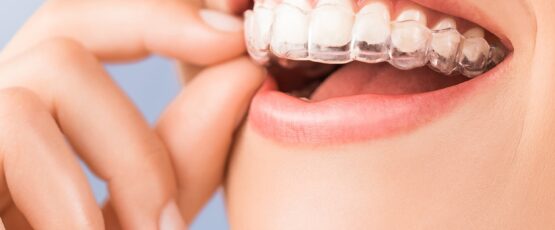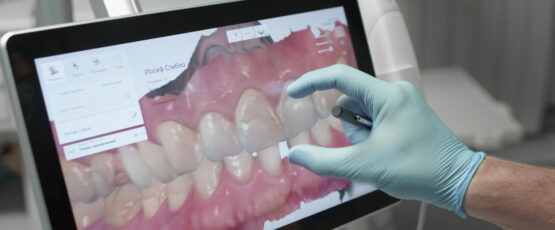
New research just published by leading British charity the Oral Health Foundation, has discovered that dark-coloured berries may play a key role in fighting tooth decay. A valuable source of antioxidants, fresh fruit and vegetables have long been known to contribute to a healthy diet and help in the fight against diseases such as heart disease and cancer. Now, a new study has discovered that dark-coloured berries in particular may have significant benefits for your oral health. Here’s what the scientists had to say.
Benefits of dark coloured berries
It is now known that eating just a handful of dark-coloured berries such as cranberries and blueberries every day may significantly lower the risk of tooth decay. The exciting discovery was made in a study that was conducted in 2018 and first published this year. Dr Nigel Carter OBE, Chief Executive of the Oral Health Foundation, explains:
“Cranberries seem especially good for our oral health, as their polyphenols stick around in our saliva and will continue to help our mouth, even after we’ve swallowed them. What is especially exciting is that these natural extracts are completely sugar-free. This means they can be added to oral care products in several ways. They can dissolve in water so can be used to create healthy drinks, as well as to reformulate unhealthy drinks packed full of sugar.”
How do polyphenols help our teeth?
The protective power of dark coloured berries is thanks to substances they contain that are called polyphenols. Polyphenols are a naturally occurring compound that appears in high concentrations in berries such as cranberries and blueberries.
Polyphenols help to protect our teeth by preventing ‘bad bacteria’ from sticking to the teeth and gums. The polyphenols present in berries are now known to be particularly effective against a strand of bacteria responsible for accelerating tooth decay.
As a result, polyphenols help to reduce tooth decay, plaque and gum disease.
The future of dental products?
Of course, chewing a handful of berries every day may not seem like an attractive addition to your oral hygiene routine. However, Dr Carter is confident that this will not be necessary for us to enjoy the benefits of this new discovery.
“These substances could also have wider applications for tooth decay prevention and control. Mouthwash could benefit from this ingredient, as could toothpastes. More testing must be done but it will be extremely interesting to see whether manufactures make more use of polyphenols in the future.”
Fruit sugars – a word of caution
Although the research has established the potential benefits of eating berries on a daily basis, caution should still be exercised as berries also have potential harmful effects on your teeth. Like other fruits, berries may also contain high amounts of natural sugar.
The current recommended daily allowance (RDA) of sugar for an adult is 90 grams or 22.5 teaspoons per day. This includes 60 grams of natural sugar and 30 grams of added sugar. One portion of cranberries contains up to four grams of natural sugar (equivalent to one teaspoon) while a serving of blueberries is nearly ten grams.
“It is important to remember that whole fruit contains natural sugars,” notes Dr Carter. “This means it can still cause a risk to teeth when consumed in high amounts and too often.
“It is best to eat fruit at mealtimes like breakfast, or straight after dinner. This will limit the number of times which our mouth is exposed to sugar and acid.”
Unhappy with your teeth? Interested in exploring the options available to you? Get in touch with the award winning Perfect Pearls team today and discover how easily you could restore your smile. Call us on Wolverhampton 01902 500 823 or use our online service for more options.
Source: https://www.dentalhealth.org/news/cranberries-and-blueberries-why-certain-fruit-extracts-could-provide-the-key-to-fighting-tooth-decay








